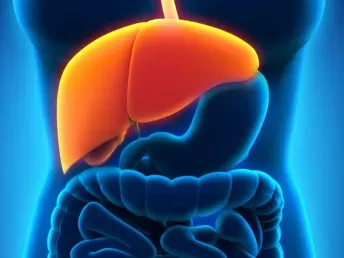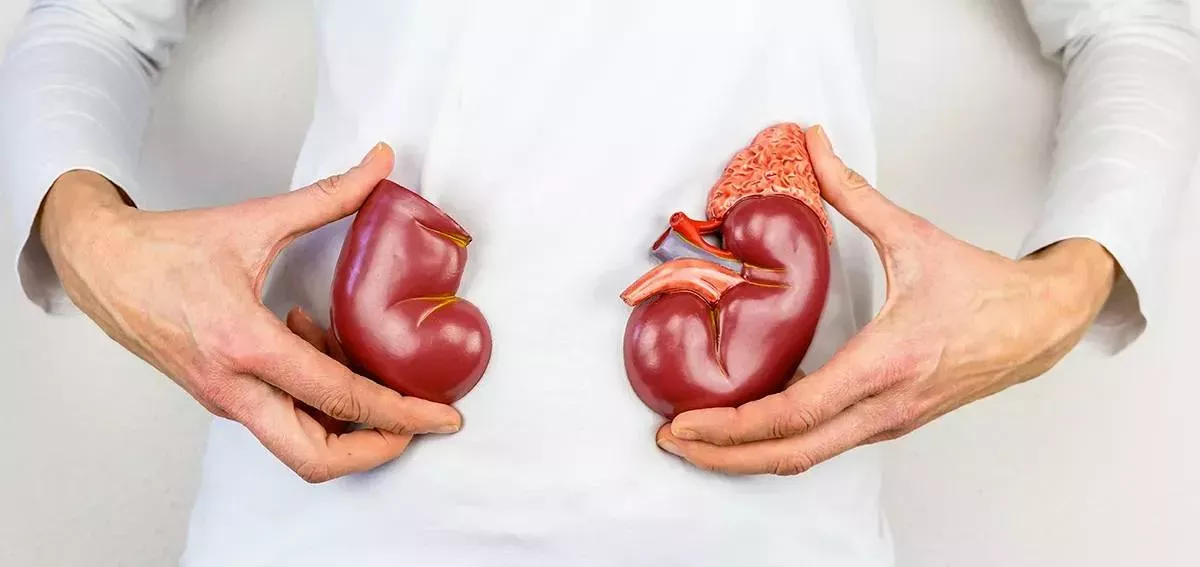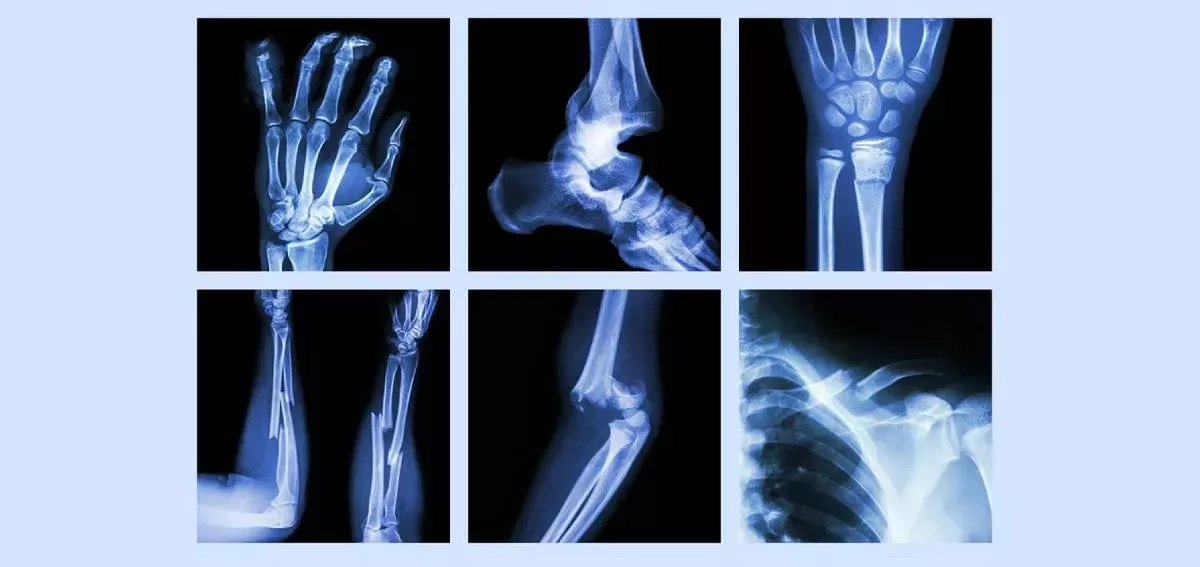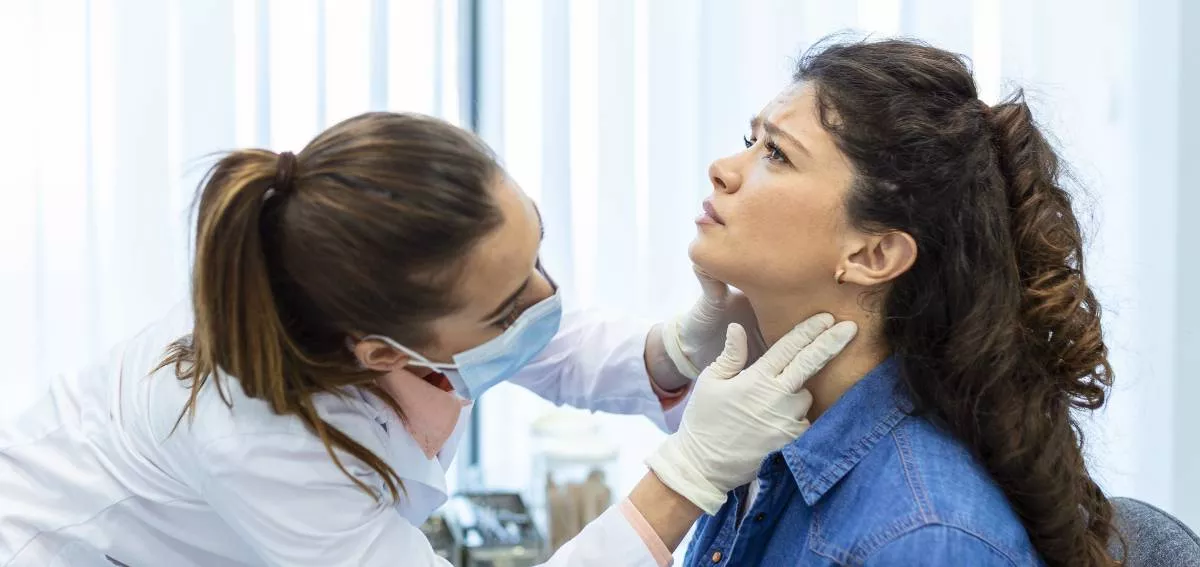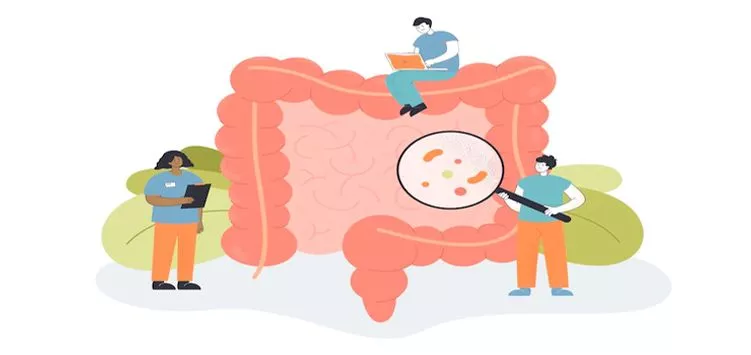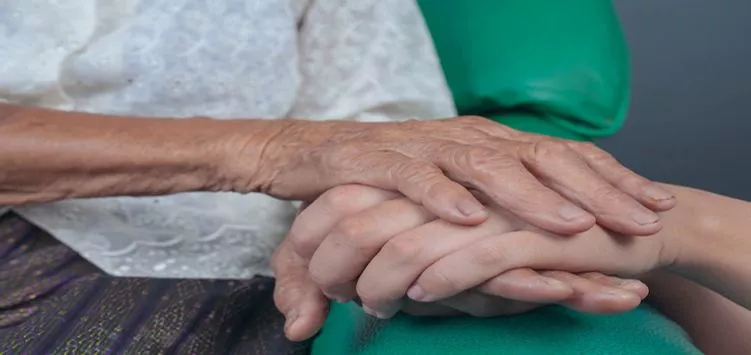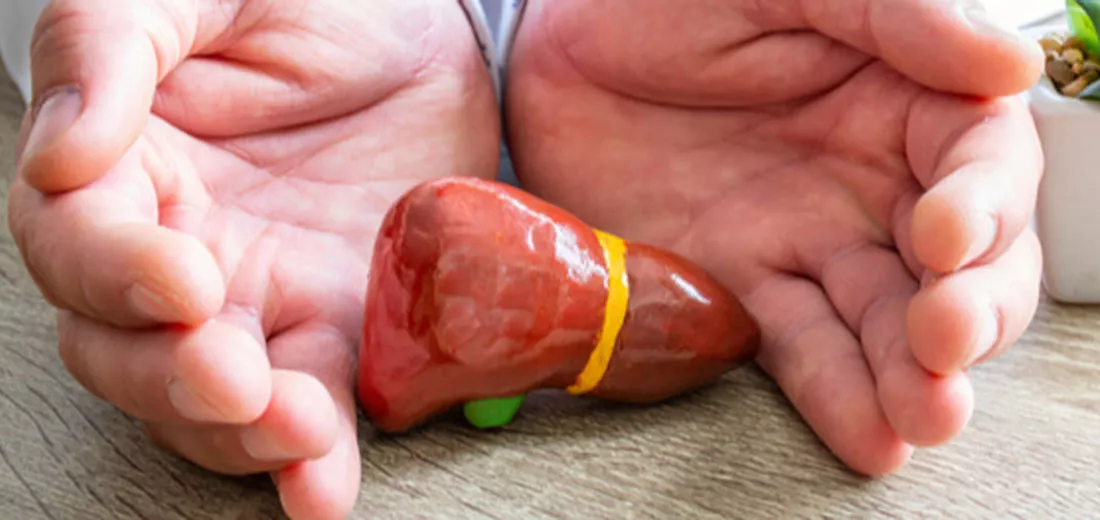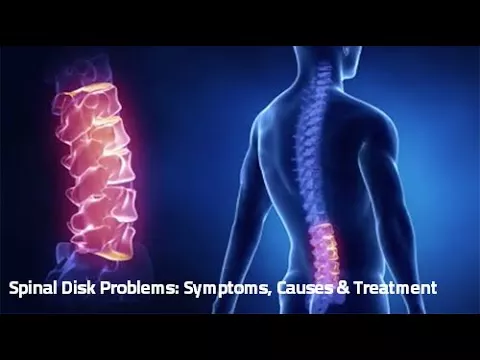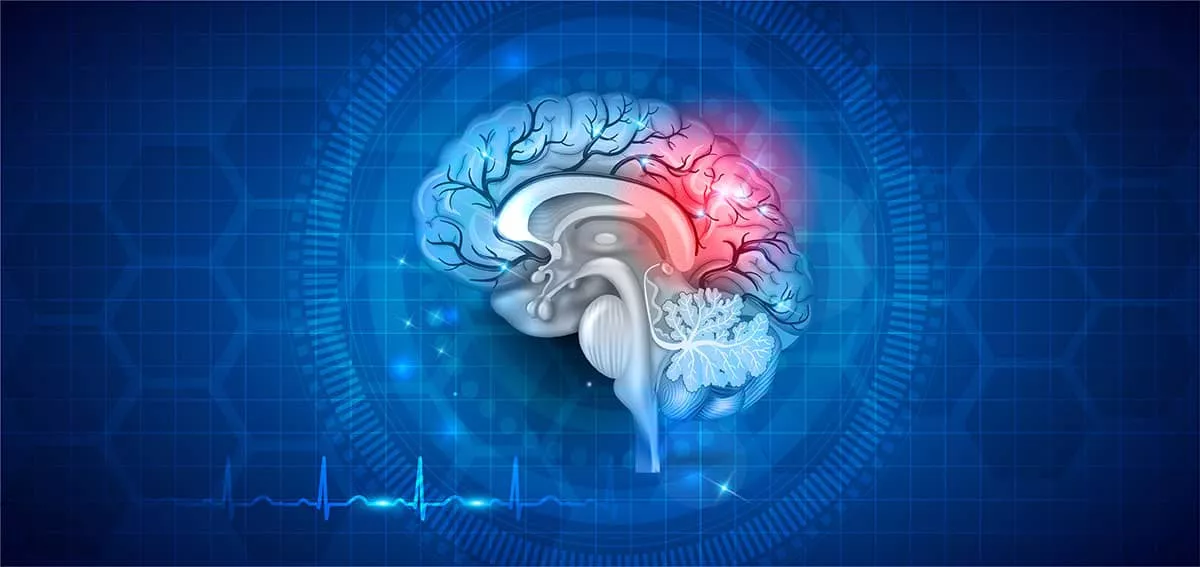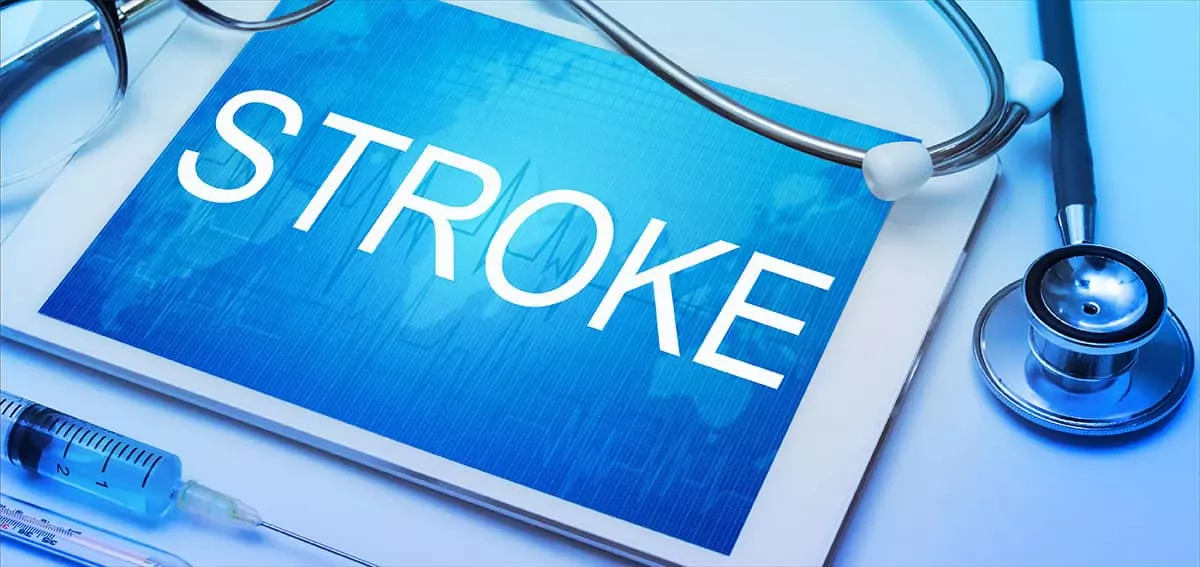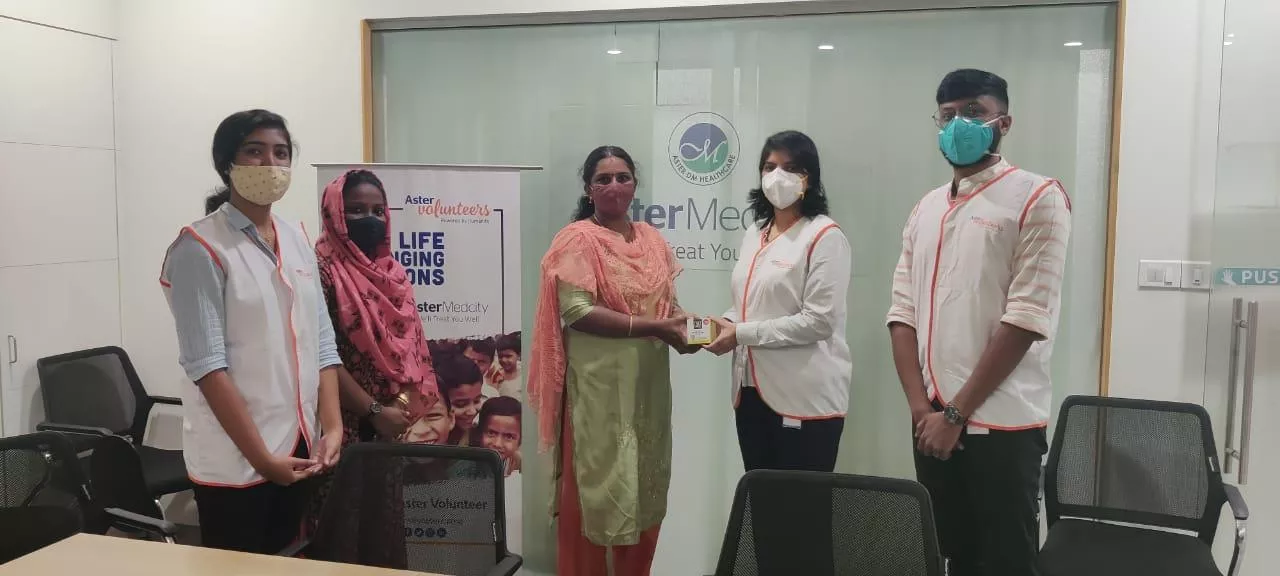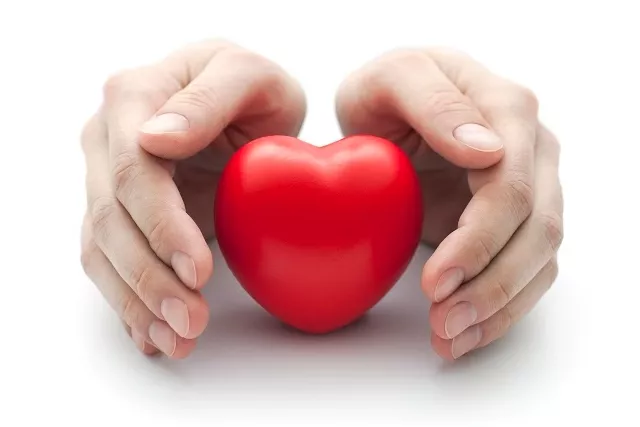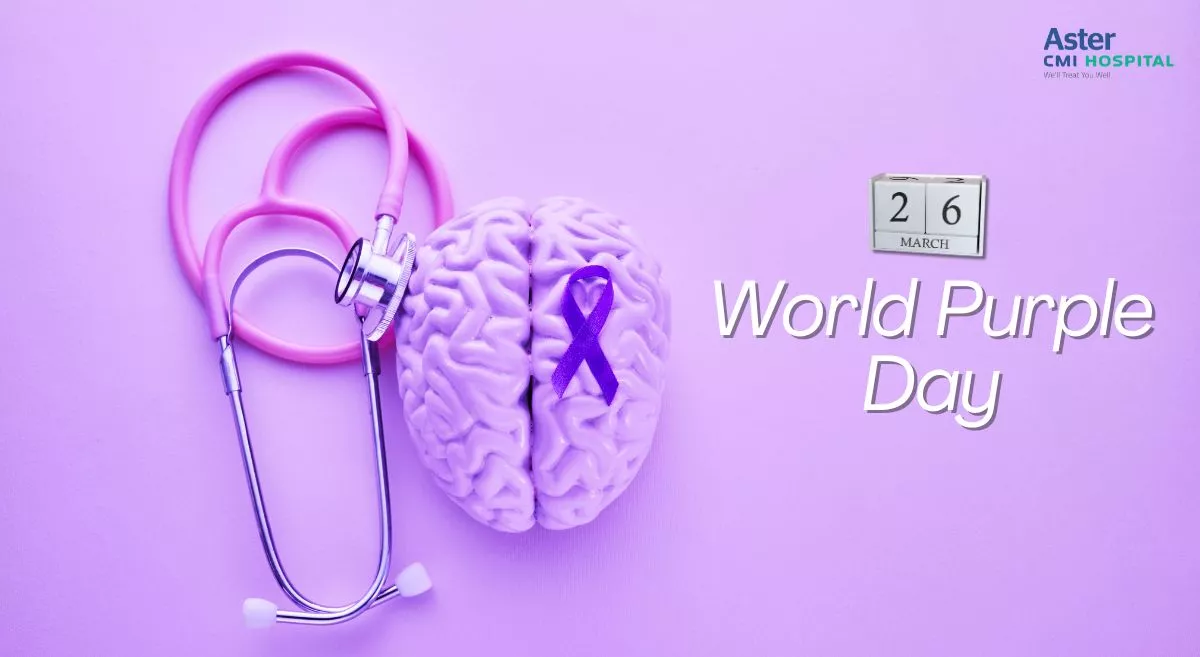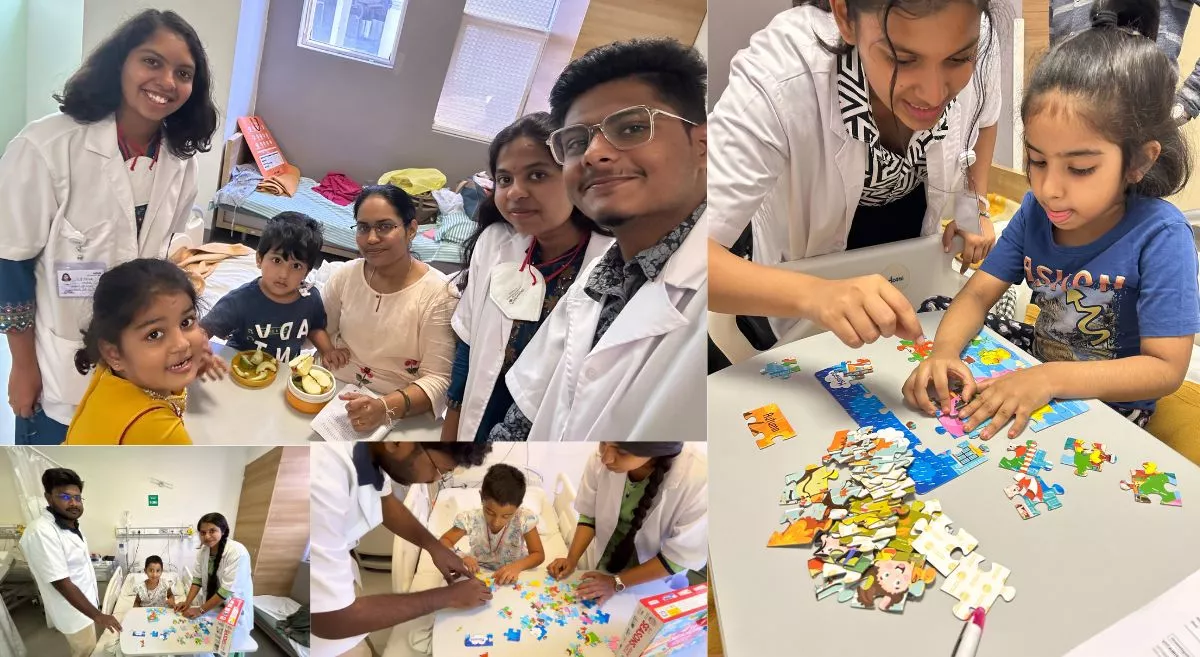"The number of people with liver disease is rising steadily due to lifestyle changes," said Dr. Matthew Jacob, Senior Consultant, Department of Liver Disease, Aster Medcity, in a seminar on World Liver Day. As the liver diseases are becoming more common in Kerala, this event was organized by Aster Medcity Kochi and Malayala Manorama jointly to raise the awareness on liver health and diseases in the general public. Dr. Geetha Mammayil, Senior Consultant in Pediatric Medical Gastroenterology, and Dr. Charles Panaykal, Senior Consultant, Department of Hepatology, were also present.
Liver, the factory in human body
Although we do not regard our liver as valuable or essential as our heart or kidneys, the human liver is a vital organ. It serves as a purification factory and accounts for detoxifying the body. It aids the immunological system, digestive system, and blood clotting. Over the years, the number of patients with liver disease has risen dramatically due to lifestyle changes. The main factors that harm our liver health are junk food addiction, lack of exercise, diabetes, high cholesterol, high triglyceride, obesity, and excessive alcohol consumption.
Fatty liver, a fast-growing problem
Fatty liver disease affects about one out of every four adult persons. Fatty liver or hepatic steatosis is a condition caused by the accumulation of excess fat in the liver. Fat accumulation in the liver that exceeds 5%-10% of its weight is dangerous. Contrary to popular belief, alcoholism isn't the only cause of this liver damage. Non-alcoholics can also develop fatty liver (non-alcoholic fatty liver) due to the above reasons. If left untreated, it can lead to cirrhosis of the liver and may even progress to cancer and liver failure in some patients.
Five significant steps to remember
- Stage 1: Simple fatty liver stage in which fat accumulates in the liver.
- Stage 2: Swelling of the liver due to fat deposits.
- Stage 3: Fibrosis (scarring) stage in which scar cells formulate around the liver.
- Stage 4: The liver is permanently damaged at this point. This condition is also known as cirrhosis of the liver.
- Stage 5: This stage is when the liver cancer begins. Cancer can affect any of the stages listed above.
- Liver Failure: A condition in which the patient dies due to liver failure. It can occur in one of two ways. Acute liver failure is when death happens within 48-72 hours. The second is chronic liver failure, which develops over time due to drinking, excessive blood pressure, and other factors.
Symptoms
The following are the main symptoms of liver failure. Treatment should begin as soon as these symptoms emerge.
- When the liver loses its ability to remove toxins from the body, they spread to the blood or lymphatic system.
- The liver also does the job of breaking down old hormones. Hormonal imbalances might be a sign of liver diseases.
- Weight gain with age is also a symptom of liver disease.
- Fatigue, memory loss, and changes in sleep patterns
- When the efficiency of the liver decreases, bile production does not function properly and digestive problems, including gas, occur.
- Jaundice and swelling on the feet or other parts should not be taken lightly.
Do not delay the diagnosis
Ultrasound sonography or a fibroscan can diagnose asymptomatic non-alcoholic fatty liver. Performing a liver function test may not give a comprehensive picture of the liver functioning. Until the disease becomes severe, the results of LFT are likely to be normal. So, do not limit your diagnostic tests to the LFT test. In some people, liver cirrhosis is discovered accidentally through a CT scan and endoscopy.
If you are in India, then you should definitely book a specialist consultation at the best liver specialist hospital in Kochi, Kerala for advance treatment
Liver transplantation
The doctor may recommend liver transplant surgery in severe cases of liver cirrhosis and the complete cessation of liver function, which puts the patient's life at stake. The liver transplantation surgery is performed simultaneously between the patient and the donor. It is recommended for patients who do not have any other serious health problems. Babies born with liver diseases and conditions also undergo liver transplant surgery. In such cases, if it is suitable, the liver of the father or mother will be transplanted. Anybody over the age of 18 can become a liver donor. In the case of adults, the liver is received from living or brain dead people. Only a portion of the liver is excised from a living donor and implanted in the patient. It does not cause any health problems for the donor, and the donor can be discharged within a week. The liver will grow back to its old state. The donor's liver will soon function in the patient who underwent the liver transplant surgery. However, they need to take appropriate medication for the remainder of their lives and avoid unhealthy habits such as alcoholism, which can harm the liver. Since the transplanted liver is rarely expelled from the patient's body, a 90- 93 per cent chance of success can be guaranteed.
Precautions & preventions
Early treatment can bring the liver back to normal.
- People with alcoholic fatty liver should abstain from alcohol as soon as possible
- Obese people should gradually lose weight through diet. Weight loss surgery, which leads to rapid weight loss, can also worsen fatty liver disease.
- Exercise regularly
- Diabetes, cholesterol, and hormonal problems can exacerbate fatty liver. Such diseases should be under control.
Are the little livers safe?
Liver disease also affects children. Babies born with liver disease should receive proper medical attention immediately after birth. They might require medications or even surgery. Neonatal jaundice will resolve when the level of bilirubin in the blood returns to normal. However, in some babies, jaundice can worsen. They may need further testing. Biliary atresia is a condition that can lead to acute liver disease in children. Children also have a genetic disorder called Wilson's disease, in which the amount of copper in the body increases exponentially. Copper levels can be fatal if left untreated for long periods. If one child in the family is diagnosed with Wilson's disease, the other children should be given extra attention.
Liver diseases in children are rising due to the changes in lifestyle and unhealthy diet. Since the Covid 19 pandemic, children got confined to their homes, limiting their activity. Lack of exercise, excessive consumption of junk food, and processed food are the reasons behind obesity in children. More and more fat accumulates in their livers. Lifestyle diseases such as high cholesterol and diabetes are common in children now. Parents should be keen to detect symptoms such as sleeplessness and chronic fatigue in children. The accumulation of fat on the sides of the abdomen is another warning sign. However, children with liver transplants are capable of leading a healthy life. They can grow up like any other children, engaging in sports and other activities. The liver transplant also does not limit them from getting married. However, they should continue follow-up checks and consume medications without disruption.
A message to those who have undergone liver transplant surgery
Prioritize your health and make a habit of taking care of it. Follow a healthy lifestyle with regular exercise and check-ups and a good diet. It is not only a good choice for you, but also is your obligation to the liver donors.
To consult with our doctor visit the doctor profile below and book an appointment online or Call 0484 6699 999:
Dr. Charles Panackel, Senior Consultant - Hepatology
Dr. Geetha Mammayil, Senior Consultant - Paediatric Medical Gastroenterology
